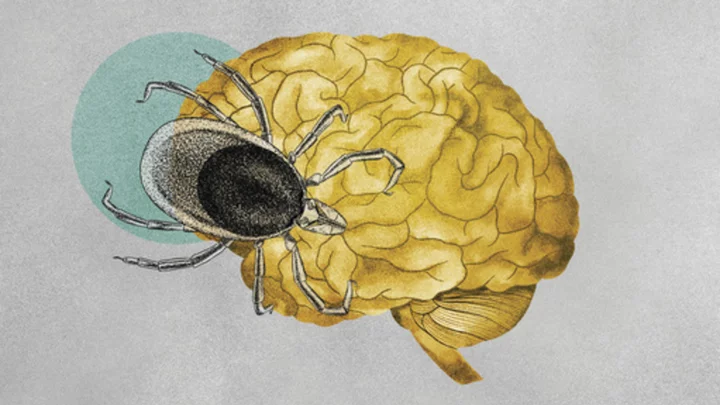COLLEGE PARK, MARYLAND: In a groundbreaking medical development, a 58-year-old man from Maryland, Lawrence Faucette, a married father-of-two and a 20-year Navy veteran, who suffers from terminal heart disease, has become the second patient ever to receive a genetically modified pig heart in a heart transplant procedure.
Faucette underwent this extraordinary surgery because he was considered ineligible for a human heart transplant due to peripheral vascular disease, a condition that impairs blood circulation.
What is the process of pig-to-human heart transplant?
This pioneering medical technique of pig-to-human heart transplant is known as a xenotransplant, and has only been attempted once before. Notably, both historic procedures occurred at the University of Maryland Medical Center (UMMC).
Following the recent surgery conducted on September 19, Mr. Faucette is now able to breathe independently, and his heart is functioning without the need for any supportive devices.
In the days leading up to his surgery, Faucette expressed his sentiments, stating, "My only real hope left is to go with the pig heart, the xenotransplant."
Dr Mark Gladwin, who serves as the Executive Vice President for Medical Affairs at the University of Maryland Baltimore, expressed, "This innovative program embodies the future of molecular medicine in surgery and speaks to a possible future where organs may be available to all patients."
“We recognize a heroic partnership with Mr Faucette and his family, as we partner to advance the field of transplantation medicine into the next era," he added.
How can a pig's heart work in a human body?
According to NBC News, preparing pig hearts for transplantation requires genetic modifications.
These modifications are aimed at minimizing the risk of rejection and ensuring the heart functions as needed within the human recipient's body.
Pigs possess a gene that produces a molecule not present in humans, which triggers an immediate and aggressive immune response in humans, known as 'hyperacute rejection'.
This response leads to the body attacking the foreign organ within minutes.
How many people in the US need organ transplants?
Xenotransplantation holds significant potential as an alternative for the approximately 103,606 Americans currently awaiting organ transplants.
Tragically, over 6,000 of these patients succumb each year while awaiting the organs they urgently need, according to OrganDonor.gov.
For Faucette's surgery, genetic modifications were made to the donor pig. Three specific genes in the pig were "knocked out," or deactivated.
Simultaneously, six human genes responsible for facilitating the acceptance of the organ by the recipient's immune system were introduced into the pig's genome.
An additional gene in the pig was deactivated to prevent excessive growth of the pig heart tissue.
In total, 10 unique genes were edited in the donor pig to make the xenotransplantation procedure feasible.
Who had the first pig heart transplant?
The groundbreaking procedure was first conducted last year on a patient named David Bennett, aged 57.
Similar to Faucette, Bennett faced the same predicament of being ineligible for a human heart transplant.
Furthermore, he had not adhered to his doctors' recommendations, missed medical appointments, and ceased taking prescribed medications.
At the time of the surgery, Mr. Bennett was bedridden, reliant on life support, and had exhausted all other options. He recounted, "It was either die or do this transplant.”
While the surgical procedure itself was considered successful, Mr. Bennett tragically passed away just two months later. It's worth noting that the rejection of the transplanted organ was not the issue.
Instead, experts suggested that the heart could have potentially been infected with a virus, contributing to the unfortunate outcome.









